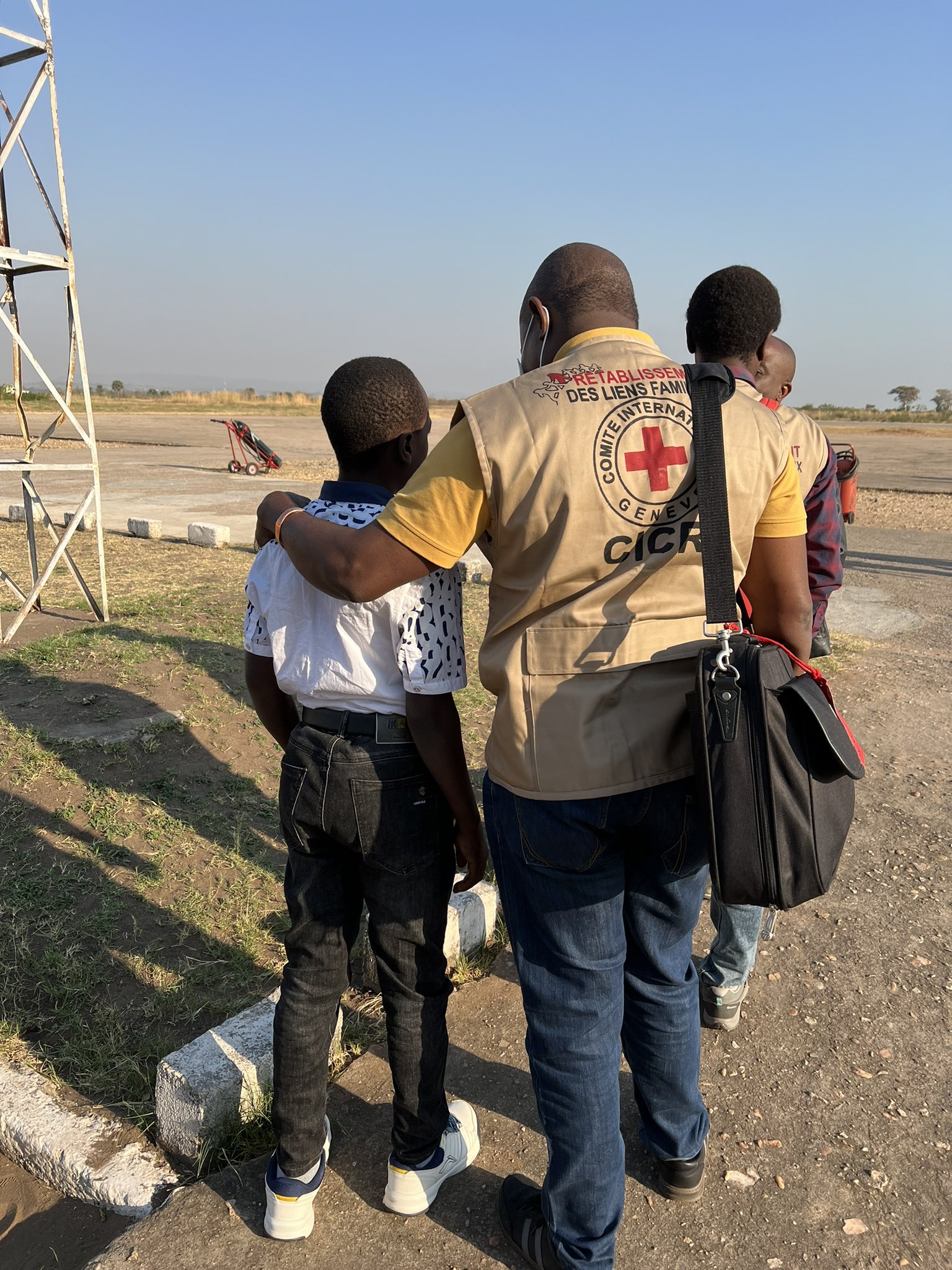** The voice of forgotten: how the CICR gives hope to families separated by the conflict in the DRC **
In the dramatic context of the ongoing conflicts in the east of the Democratic Republic of Congo (DRC), a symbol of hope is emerging in the midst of despair. While hundreds of thousands of people flee their homes to escape violence, the support provided by the Red Cross International Committee (ICRC) and its partners goes far beyond direct humanitarian assistance. It is a question of restoring interpersonal links, of restoring humanity within a painting where suffering and separation have become the norm.
** An exponential humanitarian crisis **
According to the latest estimates, the situation in eastern DRC continues to deteriorate. About 5.5 million people were already moved inside the country before the intensification of recent fights. Each day, geopolitical manuals seem to be rewritten on mayors and villages, but the most tragic aspect of this crisis, often neglected, is its psychological and social dimension. Indeed, the separation of families leaves emotional scars that extend far beyond armed conflicts.
The stories of the stolen families of their family unity reveal a less publicized aspect of war: the pain of uncertainty. “No other suffering is as painful as that of not knowing if our loved ones are safe,” said a veteran, now a refugee, who has lost contact with her children. This partitioning of families finds a disturbing echo, recalling that the human impact of a conflict goes far beyond the simple balance sheets of dead and displaced.
** Restore family ties as a humanitarian priority **
Faced with this distressing situation, the ICRC implements striking initiatives, including the restoration of communication between refugees and their loved ones. In addition to food and medical assistance, these actions are essential. By mobilizing volunteers in neighboring countries such as Burundi, Uganda and Rwanda, the ICRC has managed to restore thousands of connections between separate families. According to recent statistics, around 60% of displaced people who used the ICRC communication services managed to get in touch with a family member.
This raises a crucial question: how far can an organization rebuild families contribute to long-term peace? The restoration of contacts could encourage people to engage more in reconciliation initiatives, thus promoting sustainable regional stability.
** The role of volunteers: invaluable impulse of solidarity **
At the heart of this initiative is a network of thousands of volunteers from national Red Cross companies in the DRC and in neighboring countries. These volunteers are often members of the communities affected by the conflict, becoming agents of change within their own regions. The ICRC does not only provide external help; It cultivates a social fabric which revitalizes local solidarity.
In a study by researchers from the University of Kinshasa, it has been found that volunteer actions lead to a significant increase in community cohesion. From a humanitarian assistance initiative to a real local mobilization for the well-being of families, this approach shows that sustainable change also comes from the inside. These volunteers are more than a simple cog in the machine; They are the face of a future where humanity is in full swing, even in the darkest periods.
** The call to the international community **
However, despite these commendable efforts, the ICRC calls for a wider collective action. The international community must strengthen its commitment to the DRC and neighboring countries, not only humanitarian, but also by supporting sustainable political solutions to this crisis. Respect for international humanitarian law must be a shared imperative, transcending geopolitical interests and engaging all parties to a constructive dialogue.
In the end, the situation in the Democratic Republic of Congo and in the surrounding countries must be treated with all the complexity it implies. It is not only a question of delivering food or medical care, but of bringing a voice to the forgotten conflicts: families who, day after day, live in the fear of the unknown, hoping for contact, a new one, a sign of life. Through this prism, the work of the ICRC and its partners becomes a glimmer of hope for millions of people in search of peace and reunification.

